It seems that ADHD is being discussed (and diagnosed) more than ever and as a result, providers, patients, and families are looking to expand the arsenal of tools to address the symptoms. While it’s beyond the scope of this article to discuss the symptoms of ADHD in depth, individuals with this neurodevelopmental disorder may struggle with symptoms including inattention, hyperactivity, and impulsivity, as well as challenges with executive functions like planning and organizing. There are often behavioral manifestations as well, including mood swings, irritability, depression, and anxiety.
Standard treatment for ADHD in conventional psychiatry typically includes stimulant medications (Adderall, Ritalin) or non-stimulant medications (Strattera, Wellbutrin). Sometimes blood pressure medications like Guanfacine and Clonidine are even prescribed. While medications can be helpful in addressing many symptoms of ADHD, they often come with side effects that are intolerable for many. Beyond this, some core symptoms of ADHD are not particularly responsive to pharmacotherapy. For these reasons, functional psychiatry providers often recommend nutraceuticals with data to support their use in ADHD.
While not an exhaustive list, these are some of the core supplements functional psychiatry providers often turn to when working with patients with ADHD:
1. Omega-3 Fatty Acids
Omega-3 fatty acids, particularly EPA and DHA, are brain health powerhouses and some of the most studied compounds in the dietary supplement literature. In one study, Konigs and Kiliaan (2016) concluded that omega-3s not only support ADHD management but may also reduce the dose of psychostimulants required.
2. Micronutrients (Iron, Magnesium, Zinc, B12)
Micronutrients are critical for optimal cognitive function and deficiencies can limit the effectiveness of any ADHD treatment plan. In particular, repletion of key brain nutrients like vitamin B12, iron, magnesium, and zinc can improve several aspects of brain function in those with ADHD.
3. Saffron
Known as an ancient spice with a high price tag, a number of compelling studies have shed light on saffron’s promising brain-supporting properties. In one study published in Nutrients, saffron was found to be as effective as methylphenidate (Ritalin) in the treatment of ADHD in children and adolescents (Blasco-Fontecilla et al., 2022).
4. Bacopa
An ancient Ayurvedic herb that packs a big punch when it comes to brain health, Bacopa monnieri has been used for thousands of years to support cognition, mood, and anxiety. In a recent systematic review, it was shown to improve symptoms of inattention, hyperactivity, and memory in patients with ADHD (Al Shahab et al., 2025).
5. L-Theanine
L-Theanine is a non-protein amino acid and it can be a multi-faceted tool for patients with ADHD. Not only can L-Theanine support focus by modulating key neurotransmitters like dopamine and glutamate, it can also help with anxiety and sleep via its effects on GABA and serotonin. With virtually no medication interactions, it’s not only effective but exceedingly safe.
Incorporating Nutritional Supplements in ADHD Treatment Plans
While first-line treatments for ADHD like psychostimulants and behavioral therapies can provide relief for many patients, many others either experience only partial benefit or cannot tolerate pharmacotherapy, resulting in significant functional impairment. The nutritional supplements reviewed above are just some of many non-pharmacological tools that can be used as part of a broader functional psychiatry treatment plan to support our patients with ADHD.
Ready to learn additional functional and nutritional approaches to help your patients with ADHD? Join Dr. Greenblatt for the comprehensive training, Functional Medicine for ADHD. Enroll today!
References
Al Shahab S, Al Balushi R, Qambar A, et al. Efficiency of Different Supplements in Alleviating Symptoms of ADHD with or Without the Use of Stimulants: A Systematic Review. Nutrients. 2025;17(9):1482. Published 2025 Apr 28. doi:10.3390/nu17091482
Blasco-Fontecilla H, Moyano-Ramírez E, Méndez-González O, Rodrigo-Yanguas M, Martin-Moratinos M, Bella-Fernández M. Effectivity of Saffron Extract (Saffr’Activ) on Treatment for Children and Adolescents with Attention Deficit/Hyperactivity Disorder (ADHD): A Clinical Effectivity Study. Nutrients. 2022;14(19):4046. Published 2022 Sep 28. doi:10.3390/nu14194046
Königs A, Kiliaan AJ. Critical appraisal of omega-3 fatty acids in attention-deficit/hyperactivity disorder treatment. Neuropsychiatr Dis Treat. 2016;12:1869-1882. Published 2016 Jul 26. doi:10.2147/NDT.S68652


